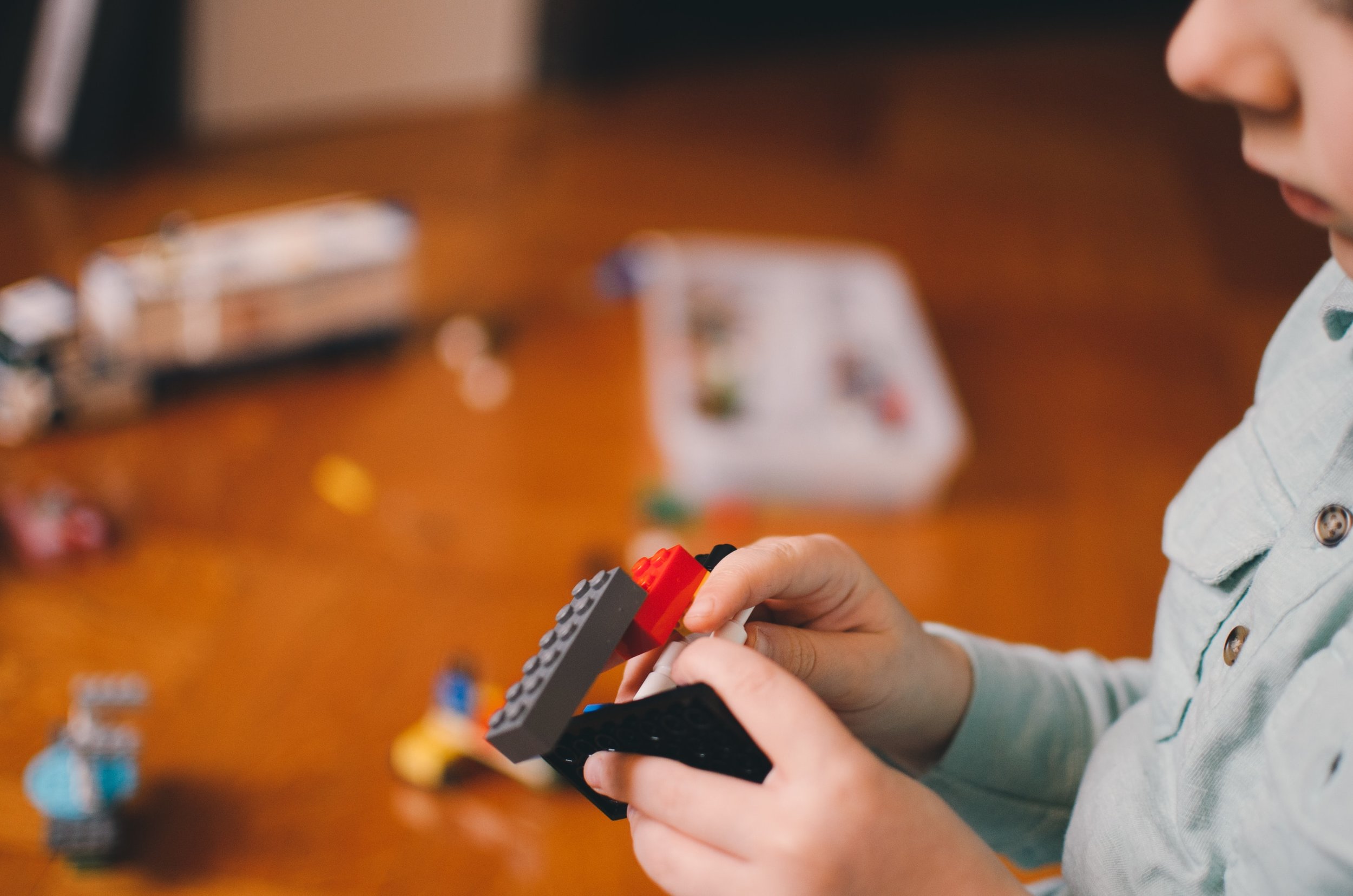
Our Team
Dr. Brittany Webber
Dr. Brittany Webber (she, her, hers) received a doctorate in combined School-Clinical Child Psychology and has extensive training in Child & Adolescent Psychotherapy, as well as Parent-Infant Mental Health and Trauma. Dr. Webber is a SPACE trained provider (Supportive Parenting for Anxious Childhood Emotions).
Dr. Webber specializes in working with infants through college-aged children with a range of psychological and/or neuropsychological issues, as well as their families. Her experience includes working with children with developmental delays, anxiety disorders, behavioral disorders, ADHD and Autism Spectrum Disorders.
Additionally, she works with children and families who have experienced trauma, divorce, remarriage, adoption and other family issues. Dr. Webber has extensive experience working in a therapeutic preschool alongside a variety of developmental specialists. She is very familiar with the EI/CPSE/CSE process and can offer advice regarding IFSP/IEP development and school placement. She also works with parents to increase their ability to advocate for their children.
Dr. Webber also offers parent training, in which she works solely with a child's parents to effectively respond to common concerns or behavior problems. Dr. Webber assists parents to better understand the root cause of these concerns and to develop and implement effective parenting strategies.
Rachel Wolk
Rachel Wolk (she/her) is a neurodiverse, LGBTQIA+ affirming therapist. She holds a Bachelor of Arts in Social Work from the University of Pittsburgh and a Master of Social Work from Columbia University, specializing in Advanced Clinical practice with a focus on Family, Youth, and Children’s Services. Rachel is also trained in EMDR therapy, offering virtual sessions for clients ages 14 and older.
Rachel has experience working with clients, aged three through twenty-one, and collaborates closely with their parents and other family members. She specializes in helping children with psycho-social and behavioral challenges, including neurodevelopmental differences such as ADHD, Autism, behavioral disorders, anxiety, trauma, and other related concerns.
Rachel’s therapeutic approach is grounded in trauma-informed, strengths-based practices, with a focus on shifting parents' perceptions of "behavioral problems." She often integrates sensory and somatic techniques alongside play therapy to explore the relationship between the mind, body, and environment, gaining a deeper understanding of each child’s unique needs.

